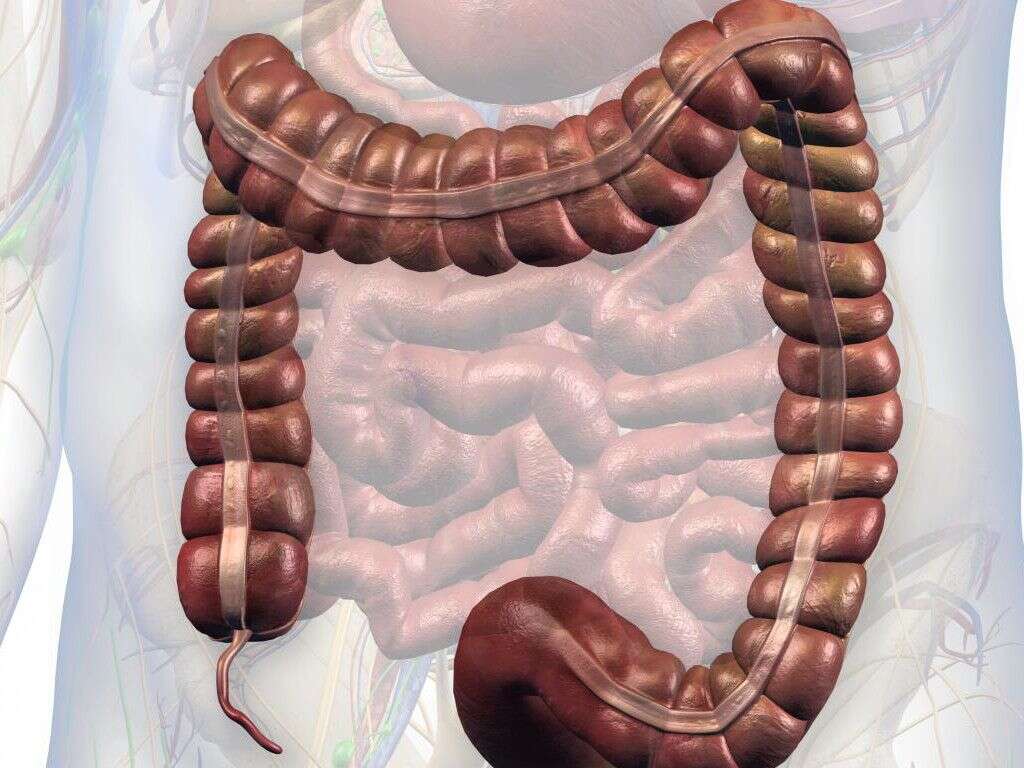What Does Appendicitis Feel Like?
The appendix is a small tube that is located at the bottom of the intestine. In young children, the appendix is a part of the immune system, helping to keep them safe from disease. Its function is still not entirely clear, however, and it was once thought that it is a vestigial organ that is no longer of significant use to us.
The appendix is prone to becoming infected in a condition known as appendicitis. It can be very painful and is something that should be treated as a medical emergency. The reason for the emergency is that the appendix can rupture, and this can be fatal for a lot of people. This makes it a good idea to know what to look out for.
1. Indigestion Sensation
To begin with, the first time a lot of people realize that something is wrong is when they have a pain in their abdomen. Depending on the specific case, the pain can come and go. Some people might initially think that they have indigestion but, of course, this is not the case.
From the initial sensations, the pain can soon intensify into something that is clearly something more serious. Some patients describe how the pain comes in waves to begin with. If the pain is coming in waves initially, this will stop in some cases and the pain will then remain permanently instead.
2. Dull Pain
In some cases, patients with appendicitis will describe the pain as a dull pain that would keep on throbbing, and was constant. It has been described as though a balloon has been inserted into the patient’s abdomen and then inflated. The pain will also be located in the lower part of the abdomen and to the right, which is where the appendix is located.
While it can be easy to try and dismiss abdomen pains as indigestion or similar, you should not be too complacent. If it feels as though something is genuinely wrong, then it probably is, so you should get it checked.

3. Stabbing Pain
While some people will feel a throbbing pain, others will experience a sharper pain. Some people might feel to begin with as though they have pulled a muscle in the abdomen area, only for the sensation to worsen considerably. A common complaint is that the pain feels as though a knife is being used.
Many patients describe the pain as a stabbing sensation. Some explain that it feels as though the knife is being pushed in further or even twisted in the patient’s abdomen. It is the kind of pain that tells people that they have a serious problem, and that they should get assistance as soon as possible.
4. Worsening Pain
As already mentioned, the pain in the beginning can be unpleasant, but nothing compared to the pain that is soon to come for the patient. As time goes by, the pain will gradually increase into an experience that is agonizing for the patient. Many describe it as the worst and most painful experience they have ever encountered.
Pain of this magnitude is likely to be caused by something severe. This can include problems like severe trauma in the abdomen area, severe infections, hepatitis, food poisoning, cancer, and appendicitis. Anybody experiencing this sort of pain should be looking for emergency medical assistance.

5. Pain Worsens With Pressure
The pain that comes with appendicitis is going to be leaving the patient in agony. It can get even worse, however, if somebody was to press on the area. This is not advised because, in addition to causing even more pain for the patient, it might end up making things even worse.
The pain can also get a lot worse for the patient if they were to cough. Walking can also be very painful so the patient should be aided where possible. Walking might potentially make the problem worse, while the patient may well be in too much pain to consider walking anyway.
6. Nausea
In addition to pain, appendicitis can also cause some other very unwelcome symptoms, one of which is nausea. Most people will experience the symptom but it can range in severity from person to person, although the level of the pain is often toward the higher end of the scale.
Some patients describe the nausea as being relatively mild at first. They might think that they had eaten something that’s making them ill, or maybe even that they were suffering from a hangover. The nausea will often get worse to the point where the patient is in no doubt that something is wrong.

7. Vomiting
Where there is nausea, there is also often vomiting, albeit not always. Vomiting is a very natural action that helps us to eject anything from the body that might be harmful to us. This can help to keep us safe, even if it is not a nice experience. It is not always so helpful to us, however.
Some people with appendicitis will vomit, and this can make things a lot worse for them. The tensing of the muscles will likely cause a lot more pain for the patient, especially if the vomiting is particularly violent. Vomiting also has the chance of causing malnutrition in the long term, and might even cause the appendix to rupture.
8. Constipation
Constipation is a condition where our food moves through the digestive system far more slowly than usual. This causes more than usual water to be absorbed, and this results in dry hard stools that are often difficult to pass. This can become somewhat dangerous in some cases if the patient is unable to clear their bowels.
Appendicitis can cause constipation, while it can also sometimes cause diarrhea. Quite the opposite of constipation, diarrhea causes watery stools as food is passed through the system too quickly. Diarrhea can lead to malnutrition and dehydration so patients with the condition should be monitored regularly.

9. Appetite Loss
We will often lose our appetitive when we are ill. We often just won’t feel like eating a thing even if we have not eaten anything all day long. Many people with appendicitis will lose their appetite, and this can cause further problems.
It is essential that we continue to eat well in order to stay healthy. Losing our appetite will likely mean that we eat less, and this can have quite an impact on our health. If you have lost your appetite for whatever reason then you should get it checked out. Appetite loss is one of the first signs of appendicitis, so getting it checked could help appendicitis to be noticed early.
10. Fever
Another fairly common sign of appendicitis is a fever. A fever happens because the immune system is working to fight against the disease. Pathogens struggle in environments that are too hot, so heating up the body will make it harder for them to survive. It is a fairly common response to an infection and is not usually dangerous.
If a patient has a fever then they will likely also have chills. This is because chills cause the patient to shiver, and the shivering of the muscles helps to warm up the body. Patients with appendicitis will also sometime experience a flushed face.








